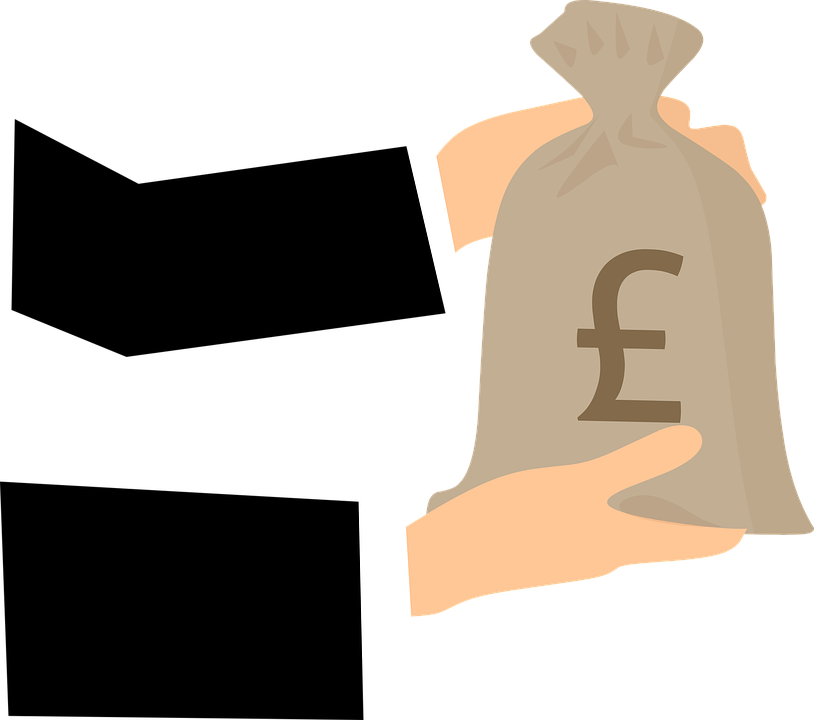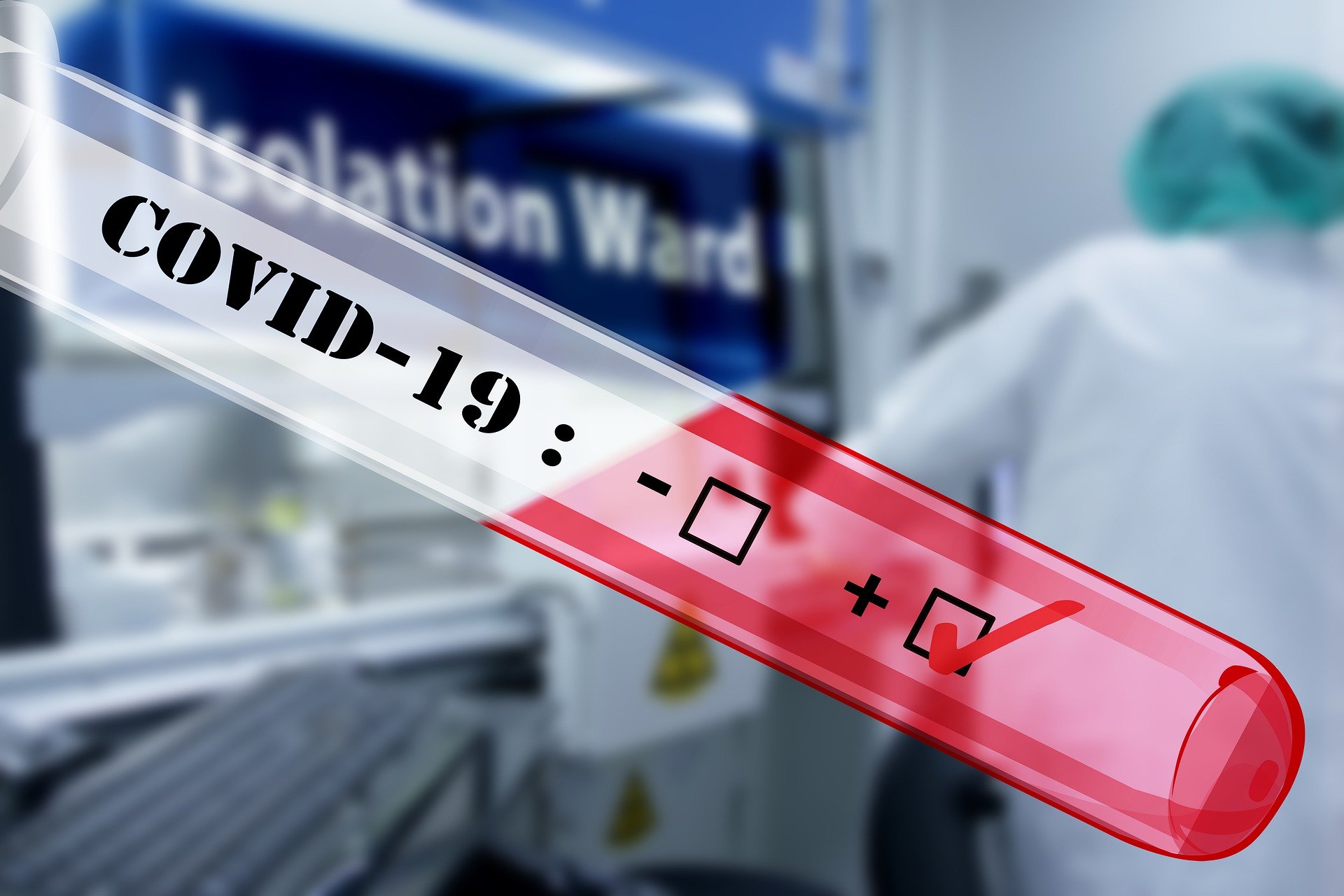New government loans announced for small businesses will “give hope to thousands” as they fight to survive the impact of the coronavirus pandemic.
That is the view of the Federation of Small Businesses, who welcomed Chancellor Rishi Sunak’s announcement of the micro loan scheme which provides loans of up to £25,000 with a 100 per cent government guarantee.
Making the announcement yesterday, the Chancellor said the bounce back loans – which are capped at 25 per cent of turnover and have a streamlined application process – will be available from Monday.
And FSB national chairman Mike Cherry said the announcement was vital for those firms not covered by the existing coronavirus loan scheme.
He said: “The decision by the Chancellor to listen to our recommendation will give hope to thousands.
“The headline terms will be hugely welcomed by the sole traders and micro businesses that make-up 95 per cent of the small business community.
“Removing the need to provide forecasts marks an important step forward – small firms cannot be expected to predict the future in this climate.”
Mr Cherry called on the government to ensure the delivery of the loans was administered correctly so help reached the right people in time.
”From here, we need the right delivery,” he said. “The fast-track system must be established by next Monday with money delivered 24 hours after a successful application as promised.
“All those who have been declined a small Coronavirus Business Interruption Loan Scheme facility should now be written to with the offer to re-apply via this new system.
“Many small businesses have had to pay March and April’s payroll, on top of other overheads, with no revenue coming in at all. This announcement promises to change that fundamental lack of access to working capital.”
He continued: “In the long term, we need to protect the competition achieved in the small business lending market that so many have fought so hard to secure.
“At the end of this crisis, non-bank lenders are going to be key to economic recovery as part of a thriving small business finance market that does not just rely on the big five banks.
“Equally, the big banks must ensure they are in a position to facilitate a large a number of small business loans. Some of their systems are already creaking under the strain.”
The loan scheme was also welcomed by Business West, who represent the region’s Chambers of Commerce, but Gloucestershire director Ian Mean warned that the Chancellor’s statement to the House of Commons contained some less welcome news.
He said: “The good news will be very welcome by small businesses so worried about the delays experienced by many of them in applying for cash through the government’s much-heralded Coronavirus Business Intervention Loans Scheme.
“But there was good and grim news. The Chancellor told the Commons that ‘survey evidence suggests that a quarter of firms have stopped trading’.
“He made no amplification of that alarming figure – many of them might have just paused trading, but this figure must be of great concern for our economy.”
The new loan scheme is available for firms which existed on March 1 with money due to be in accounts around 24 hours after an application is approved.
Applications are short and can be submitted online from Monday with basic details to confirm a business is eligible with tax returns required in a small number of cases.
While the Government will cover interest and fees for the first 12 months, businesses will pay back the loan at what the Treasury describes as ‘very low’ interest rates over around five years.
Meanwhile, the Chancellor has dismissed calls from church leaders for companies that avoid UK taxes by routing profits through tax havens to be barred from receiving coronavirus support packages.
Former Archbishop of Canterbury Rowan Williams was among the senior clergy who called on the Government to follow Denmark, Poland and France in refusing to help companies registered in tax havens.
A spokesman for the Treasury said: “HMRC has robust tools to challenge businesses who avoid paying their fair share of tax.
“That is the right way to challenge avoidance, not by denying support to British workers who pay their taxes and would otherwise lose their jobs.”
By Rob Freeman
Source: Punchline Gloucester




